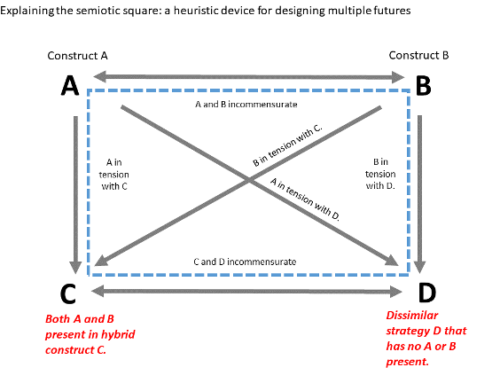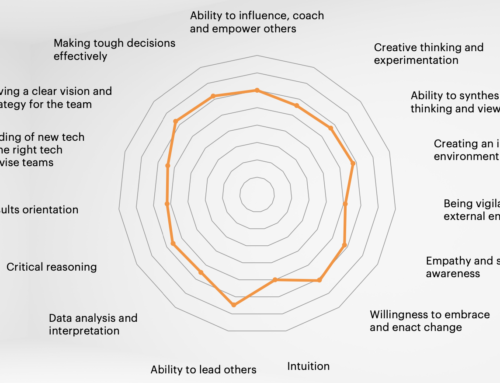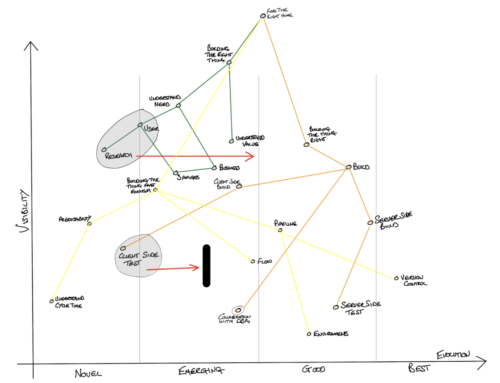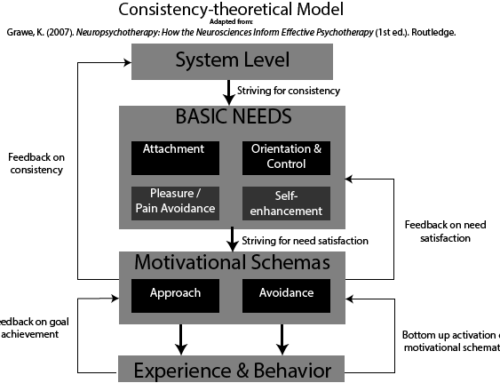This is the fourth, in an occasional series, of articles around key concepts that have had a signifiant impact on me as a business leader, person, coach, trainer and facilitator.
I originally came across the concept of the inner game and the performance long before I even knew what coaching was and far before I got trained as a professional coach. The concept is based around ideas from zen philosophy and humanistic psychology, and pulled together and further developed by Tim Gallwey. He states that we can fundamentally change our performance in everything we do, by developing or changing our “inner” or mental game, rather than focusing externally on the “outer” game.
“There is always an inner game being played in your mind no matter what outer game you are playing. How aware you are of this game can make the difference between success and failure in the outer game.”
Tim Gallwey, creator of The Inner Game
The inner game or “performance equation” is simply stated:
PERFORMANCE = POTENTIAL – INTERFERENCE.
We have two areas that we can develop to increase our performance. Firstly we can choose to grow potential by expanding our comfort zone (a topic also in my top 10 concepts) and stretching ourselves . Secondly we can choose to reduce or overcome the internal or mental obstacles that we may have such as fear, self-doubt, lapses in focus, and limiting concepts or assumptions. Both of these can be impacted if we accept our responsibility to develop and grow and more importantly recognise that everything is choice.
The performance equation has become a key asset to me as I work with my coaching clients. Everyday it is top of mind and it intertwines with most of my coaching interventions.
Effective Insights
Like all blog articles on tools, concepts or models, I would like you to consider how you can apply this into your daily life. Here are some questions for you to consider and reflect on during the next few days:
- What is your true potential in work and life?
- What are the big mental interferences stopping you achieve your bigger dreams?
- What are the smaller interferences that stop you having great days or weeks?
- What can you do to break through those mental interferences?
- How do you need to perform this month? What are you going to do differently to hit those goals?
As always, if you have got more tips or tricks, questions or comments about this concept, please feel free to leave a note below.
Thanks for reading this and keep focused and productive, Andi Roberts






[…] https://andiroberts.com/the-performance-equation/ […]